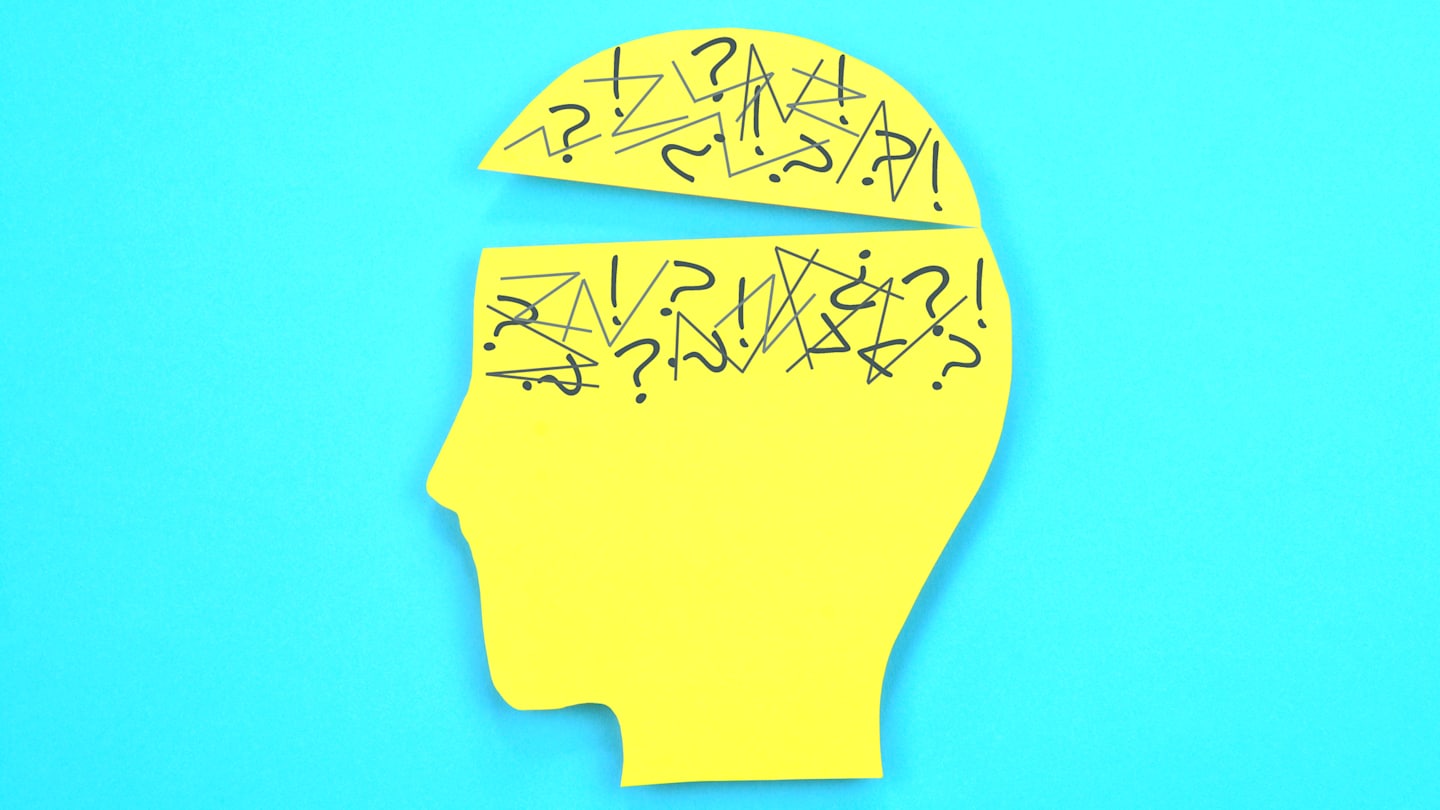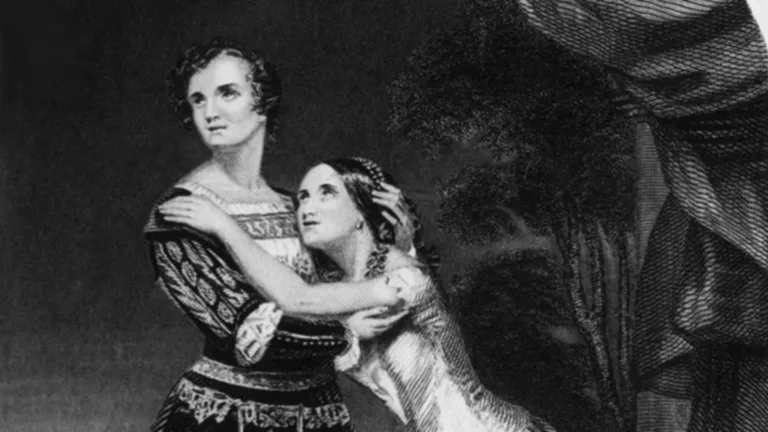Have you ever found yourself wrestling with a thought that seemed to twist and turn, Defying All logic? These mind-Bending Puzzles, Known As Paradoxes, have fascinated thinkers for centuries. They challenge our fundamental assumptions about reality, time, identity, and even language itself. A paradox isn’t simply a contradiction; it’s a statement or situation that appears self-contradictory yet holds a glimmer of Truth Within Its Seeming Absurdity.
Think about it this way: paradoxes are like riddles that force us to confront the limits of Our Understanding. They push us beyond comfortable certainties and into uncharted territories where reason bends and intuition takes flight. Exploring these Greatest Paradoxes can be a thrilling journey, expanding our minds and deepening our appreciation for the complexities of the Universe We Inhabit.
Let’s embark on this intellectual adventure together, delving into twenty fascinating paradoxes that Have Captivated Minds Throughout History. From timeless philosophical conundrums to mind-Boggling Mathematical Puzzles, we’ll unravel these intricate enigmas one by one. Prepare to be challenged, intrigued, and perhaps even a little bit bewildered along the way!
Paradoxes Across Disciplines
The beauty of paradoxes lies in their ability to transcend disciplinary boundaries. They weave through the intricate tapestries of philosophy, mathematics, physics, and even psychology, revealing inherent contradictions and unexpected connections Across Seemingly Disparate Fields.
In the realm of philosophy, We Encounter Timeless Mind Paradoxes like the Ship of Theseus, which grapples with the nature of identity and change over time. If a ship’s every plank is gradually replaced, is it still the same ship? This thought experiment forces us to consider what truly defines an object’s essence. Meanwhile, in mathematics, we stumble upon Zenos Paradoxes, which challenge our intuitive understanding of motion by suggesting that movement is Impossible Due To Infinite Divisibility. These paradoxes highlight the limitations of human reasoning when confronted with abstract concepts.
Physics isn’T Immune To These mind-Bending Puzzles Either. The Grandfather Paradox, a staple of time travel fiction, throws causality into disarray by asking: what happens if you go back in time and kill your grandfather before your parent is born? Would you cease to exist? This paradox compels us to question the very fabric of time and Its Linear Progression.
Logic Puzzles: A Mind-bending Exploration
Logic puzzles offer a tantalizing glimpse into the human mind’s capacity for both brilliance and error. These intricate conundrums present us with Seemingly Impossible Scenarios, forcing us to sift through information, Identify Patterns, and construct logical solutions.
One of the most famous examples is the Unexpected Hanging paradox. Imagine you’re sentenced to be hanged on a day next week, but the exact day is kept secret. You reason that it couldn’t be Friday, because if it were, you’d know by Thursday that Friday was the day. The same logic applies to Thursday, Wednesday, and so on. Therefore, you conclude that the hanging can’t happen at all! But this seemingly airtight argument leads to a contradictory outcome, highlighting the pitfalls of assuming linear reasoning in paradoxical situations.
These Logic Puzzles, though often playful in nature, reveal the inherent complexities of human thought. They demonstrate how easily our assumptions can lead us astray and underscore the importance of careful analysis and Critical Thinking. Solving them can be a deeply Satisfying Experience, sharpening our mental acuity and expanding our understanding of logical reasoning.
 Most Expensive Pyrex: Valuable Vintage Bowls & Sets
Most Expensive Pyrex: Valuable Vintage Bowls & SetsThe Ship of Theseus: Identity Through Change
Imagine a grand ship, the famed vessel of Theseus, Sailing Across Ancient Seas. Over time, its planks gradually wear down and Need Replacing. One by one, each piece is meticulously swapped out with new timber, Until Eventually, not a single original plank remains. Is this still the Ship of Theseus?
This seemingly straightforward question plunges us into the depths of philosophical inquiry, prompting us to grapple with the nature of identity and change. The Ship of Theseus paradox challenges our intuitive understanding of what constitutes an object’s essence. If an object’s parts are constantly replaced, at what point does it cease to be the original object? Is it the gradual accumulation of parts that defines identity, or is there a more fundamental aspect, Perhaps Its Form, function, or history, that endures through transformation?
This timeless paradox has no easy answers, offering instead a thought-provoking exploration of how we define and perceive things around us. It reminds us that reality is often fluid and multifaceted, Defying Simplistic Categorization.
Time Travel and the Grandfather Paradox
Time travel, a concept that has captivated human imagination for centuries, presents us with a tantalizing possibility: the ability to journey through the corridors of time, altering past events and shaping future destinies. But this alluring notion also gives Rise To mind-Bending Paradoxes, such as the infamous Grandfather Paradox.
Imagine you possess a time machine and decide to travel back in time to prevent your grandfather from Ever Meeting Your Grandmother. If successful, you would erase the very event that led to your own existence. This creates a logical contradiction: If You Never Existed, how could you have travelled back in time to alter the past? The Grandfather Paradox throws a wrench into our understanding of causality, questioning the very nature of linear time and the immutability of the past.
While the Grandfather Paradox remains a Fascinating Thought Experiment, it highlights the potential pitfalls and inherent complexities of time travel. It compels us to consider the Butterfly Effect, where even seemingly insignificant changes in the past could have profound and unpredictable consequences for the future.
Unraveling Reality’s Complexities
The allure of paradoxes lies not only in their mind-bending nature but also in their ability to illuminate the complexities of Reality Itself. They expose the limitations of our human perception and reasoning, revealing how easily our assumptions can lead us astray when confronted with phenomena that defy our everyday understanding.
These intricate puzzles act as mirrors, reflecting back at us the inherent ambiguity and contradictions that permeate the universe. From the shifting sands of time to the infinite divisibility of space, paradoxes highlight the fragility of our knowledge and the vastness of what Remains Unknown. Embracing these greatest paradoxes encourages us to approach reality with a sense of humility and wonder, recognizing that there is always more to discover and understand.
By delving into the heart of These Contradictions, we can gain a deeper appreciation for the intricate tapestry of existence, acknowledging that truth often lies somewhere beyond the confines of black-and-White Absolutes.










